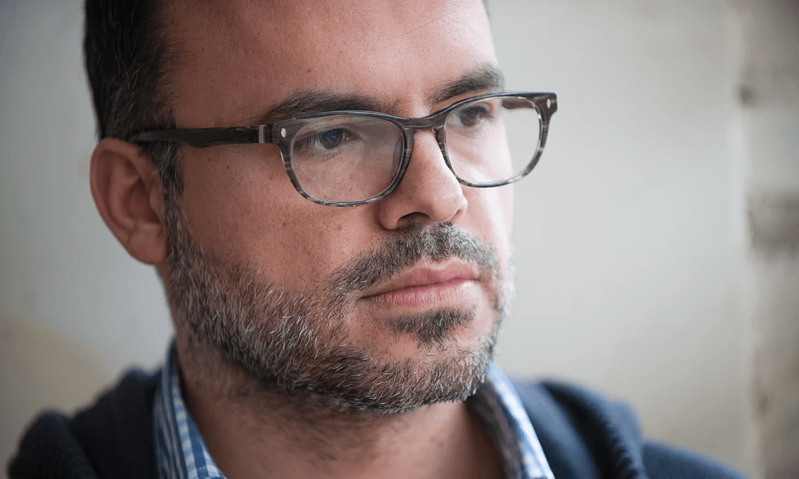In 2008, influential Iranian blogger Hossein Derakhshan was sentenced to 19.5 years in prison for spurious reasons relating to “cooperation with hostile countries.” In late 2014, he was randomly pardoned and has spent the last year as a free man. Derakhshan was once known as the “blogfather” of Iran for publishing an online how-to blogging guide in Persian, which resulted in a blogging revolution in that country. Years after his imprisonment in 2008, the internet has changed dramatically. Blogs have become less popular as publications are more willing to post content online, the web has become more monetized as advertisers have become accustomed to paying for online advertisements. In the article posted in partial below, Derakhshan laments the transformation of the hyperlinked 2008 web’s laterality into the stream. (He is not kind to Twitter or Facebook.) Read his thoughts in partial below, or the full version via the Guardian here.
The stream means you don’t need to open so many websites any more. You don’t need numerous tabs. You don’t even need a web browser. You open the Facebook app on your smartphone and dive in. The mountain has come to you. Algorithms have picked everything for you. According to what you or your friends have read or seen before, they predict what you might like to see. It feels great not to waste time in finding interesting things on so many websites. But what are we exchanging for efficiency?
In many apps, the votes we cast – the likes, the plusses, the stars, the hearts – are actually more related to cute avatars and celebrity status than to the substance of what’s posted. A most brilliant paragraph by some ordinary-looking person can be left outside the stream, while the silly ramblings of a celebrity gain instant internet presence. And not only do the algorithms behind the stream equate newness and popularity with importance, they also tend to show us more of what we have already liked. These services carefully scan our behaviour and delicately tailor our news feeds with posts, pictures and videos that they think we would most likely want to see.
Popularity is not wrong in and of itself, but it has its own perils. In a free-market economy, low-quality goods with the wrong prices are doomed to failure. Nobody gets upset when a quiet Hackney cafe with bad lattes and rude servers goes out of business. But political or religious opinions are not the same as material goods or services. They won’t disappear if they are unpopular or even wrong. In fact, history has proven that most big ideas (and many bad ones) have been quite unpopular for a long time, and their marginal status has only strengthened them. Minority views are radicalised when they can’t be heard or engaged with. That’s how Isis is recruiting and growing. The stream suppresses other types of unconventional ideas too, with its reliance on our habits.
Today the stream is digital media’s dominant form of organising information. It’s in every social network and mobile application. Since I gained my freedom, everywhere I turn I see the stream. I guess it won’t be too long before we see news websites organise their entire content based on the same principles. The prominence of the stream today doesn’t just make vast chunks of the internet biased against quality – it also means a deep betrayal to the diversity that the world wide web had originally envisioned.
*Image caption: ‘For a while, I was the first person any new blogger in Iran would contact’ … Hossein Derakhshan. Photograph: Arash Ashoorinia for the Guardian
